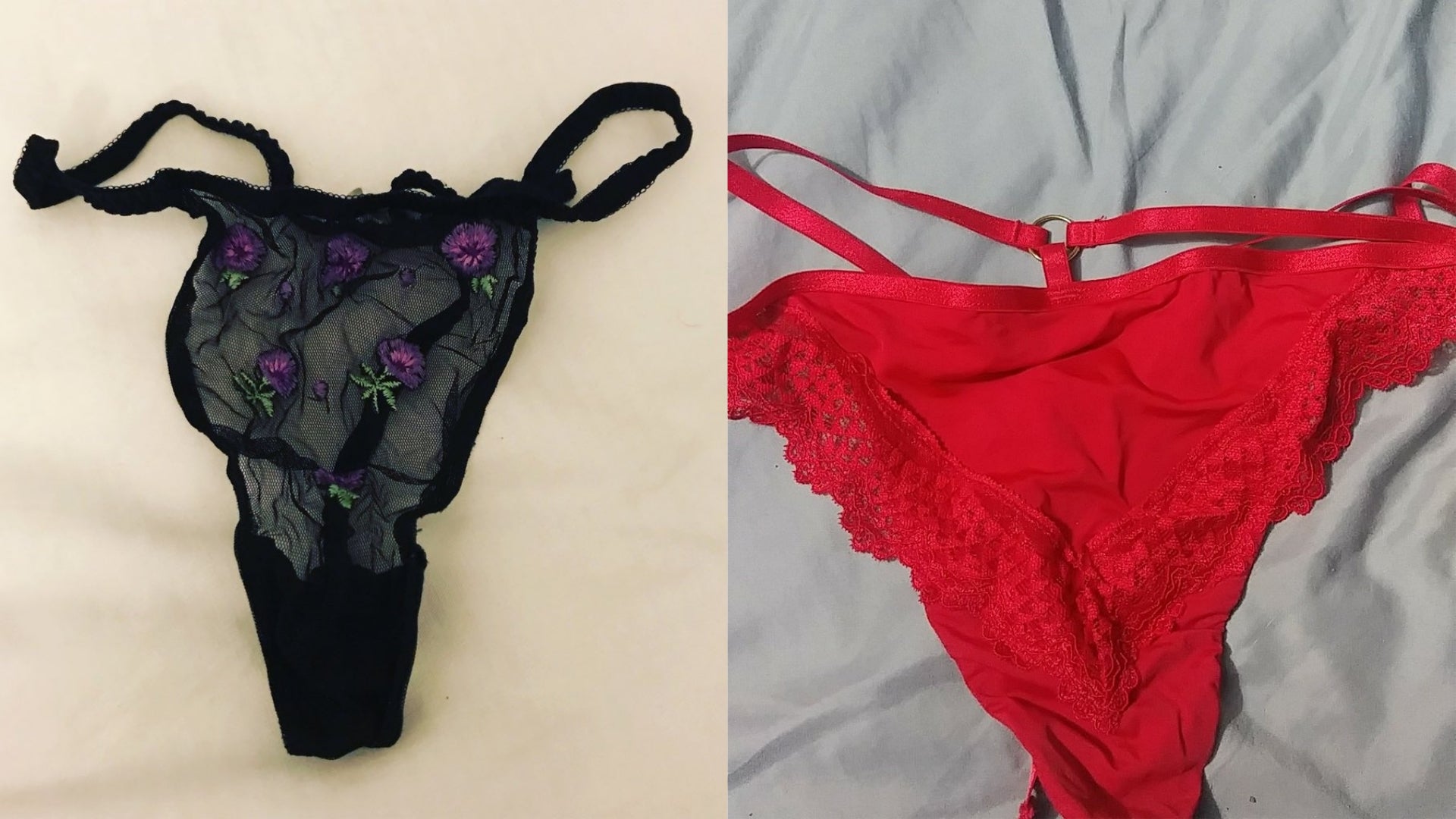#ThisIsNotConsent: Women post photos of their underwear after Irish rape trial
Protests are taking place both offline and online after a barrister drew attention to a female complainant’s choice of underwear

Your support helps us to tell the story
From reproductive rights to climate change to Big Tech, The Independent is on the ground when the story is developing. Whether it's investigating the financials of Elon Musk's pro-Trump PAC or producing our latest documentary, 'The A Word', which shines a light on the American women fighting for reproductive rights, we know how important it is to parse out the facts from the messaging.
At such a critical moment in US history, we need reporters on the ground. Your donation allows us to keep sending journalists to speak to both sides of the story.
The Independent is trusted by Americans across the entire political spectrum. And unlike many other quality news outlets, we choose not to lock Americans out of our reporting and analysis with paywalls. We believe quality journalism should be available to everyone, paid for by those who can afford it.
Your support makes all the difference.Female activists in Ireland have been posting photos of their underwear online after a barrister in a rape trial drew attention to a female complainant’s thong.
In the case in Cork, the jury was encouraged to consider the 17-year-old’s choice of underwear in the defence lawyer’s closing speech.
The accused was subsequently found not guilty.
Following the trial, a viral campaign saw women posting images of their own underwear on social media, with the hashtag #ThisIsNotConsent.
The hashtag was created by a closed Facebook group called Mna na hEireann (Women of Ireland).
Susan Dillon, a member of the group who also runs the Twitter account I Believe Her – Ireland, spread the word further.
Dillon said: “One of the women in the group was angry at the comments made, as we all were.”
Dillon said the woman suggested a protest to highlight that what women wear does not constitute consent, and another woman came up with the hashtag wording.
“Irrespective of the other evidence… no item of the complainant’s clothing implied consent.
“If a jury is a representative sample of the population, then it’s clear we have some work to do to dispel this archaic myth that clothing invites rape.”
Shubhangi Karmakar drew sketches of different kinds of underwear to go with the hashtag, claiming that consent is not given while “wearing gross pants, nice pants or no pants”.
Karmakar said: “There are many hidden survivors and stories here. It’s nice to create small shareable symbols of solidarity for us, and those who believe and support us.”
Another Twitter user said: “Just because my panties are cute doesn’t mean I’m saying yes.”
Protests have also been organised in Galway, Limerick, Dublin and Cork by feminist organisation Rosa.
More than 900 people have expressed interest on Facebook in the primary Cork protest.
Fiona Ryan, a spokesman for Rosa, said: “This case, and the particular awfulness of what was said, is absolutely endemic in our judiciary system.
“We decided to call this rally not just specifically about this case, but calling for an end to victim blaming in courts.
“The international solidarity that’s been extended to these awful cases when they’re exposed will go a long way towards pushing for genuine legal change, and unfortunately that comes from above, but we’re going to push from below to ensure it happens.”
Solidarity TD Ruth Coppinger also brought attention to the protests led by Rosa, holding a lace thong up in the chamber during Leader’s Questions.
She used Twitter to explain: “I hear cameras cut away from me when I displayed this underwear in Dail. In courts victims can have their underwear passed around as evidence and it’s within the rules.
“Join protests tomorrow. In Dublin it’s at Spire, 1pm.”
The row follows the trial in Belfast earlier this year of Ireland and Ulster Rugby players Paddy Jackson and Stuart Olding.
After the case prompted fierce debate on both sides of the border, retired appeal court judge Sir John Gillen was tasked with carrying out a review of how the criminal system in Northern Ireland deals with serious sexual offence cases.
Among the issues to be examined by the review will be support for victims and witnesses, measures to ensure the anonymity of the complainant, the arguments for defendant anonymity and the impact of social media on trials.
Join our commenting forum
Join thought-provoking conversations, follow other Independent readers and see their replies
Comments